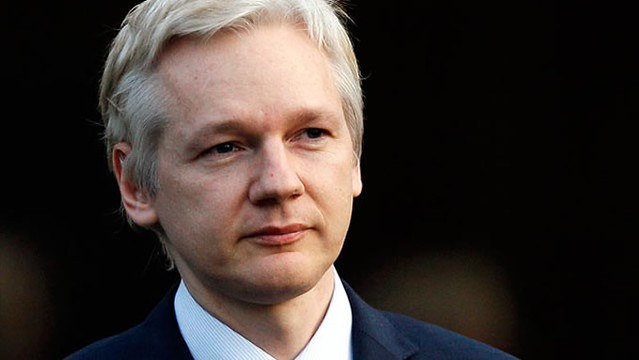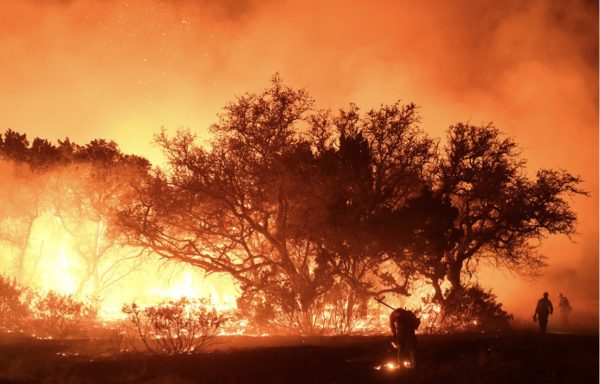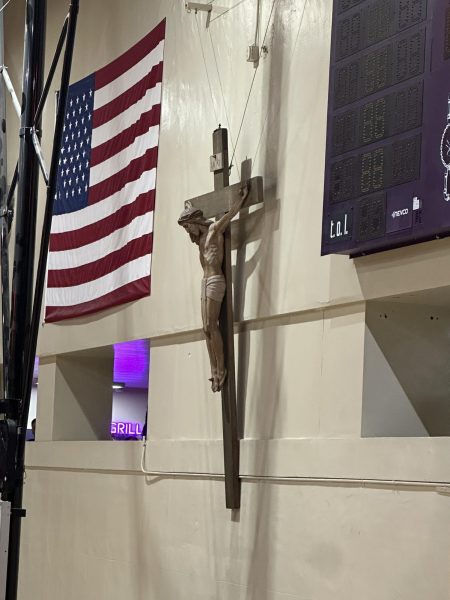WikiLeaks Founder, Assange, Faces Legal Trouble in Britain
WikiLeaks founder, Julian Assange.
May 10, 2021
On Jan. 4, United Kingdom District Judge Vanessa Baraitser ruled that Julian Assange would not be extradited to the United States from Britain to be tried under 17 charges of violating the Espionage Act of 1917.
Assange’s legal trouble began on May 23, 2019 when he was charged with publishing confidential documents to his news website, “Wikileaks.”
“Assange ‘leaks’ detailed abuses by our government in regards to foreign policy. It also detailed, as far as I can gather, abuses of our government, specifically Fourth Amendment violations of the public,” said Dean of Students Juan Zumbado ’98.
Wikileaks is best known as an online habitat for leaked government documents. It has exposed certain information regarding the Democratic National Convention’s meddling in presidential candidate Bernie Sanders’ 2016 campaign and the military attacks on citizens in Baghdad, Iraq in 2010.
Assange would soon be charged for releasing these sensitive documents to the public. However, this raises the question among many: If Wikileaks is considered a media organization, how is the United States within its rights to charge him when he is under the defense of the First Amendment?
William Parker ’24 notes the similarities between Wikileaks and other media outlets saying, “Assange does have a point stating that he is no different from any news outlet, since Assange released classified documents similar to other news outlets.”
While there still remains questions as to what will happen to Assange, there lies another uncertainty in what the American public is able to learn about its government. What are citizens allowed to know about their own government? Additionally, it creates another discrepancy between media government and media outlets in what they are allowed to report.
Parker offered a different look at this situation, stating, “Citizens should be limited in search of information on their nation’s military actions . . . If citizens actively knew where their military was stationed, they could take this information and release it putting their military in harm’s way of terrorist groups.”













